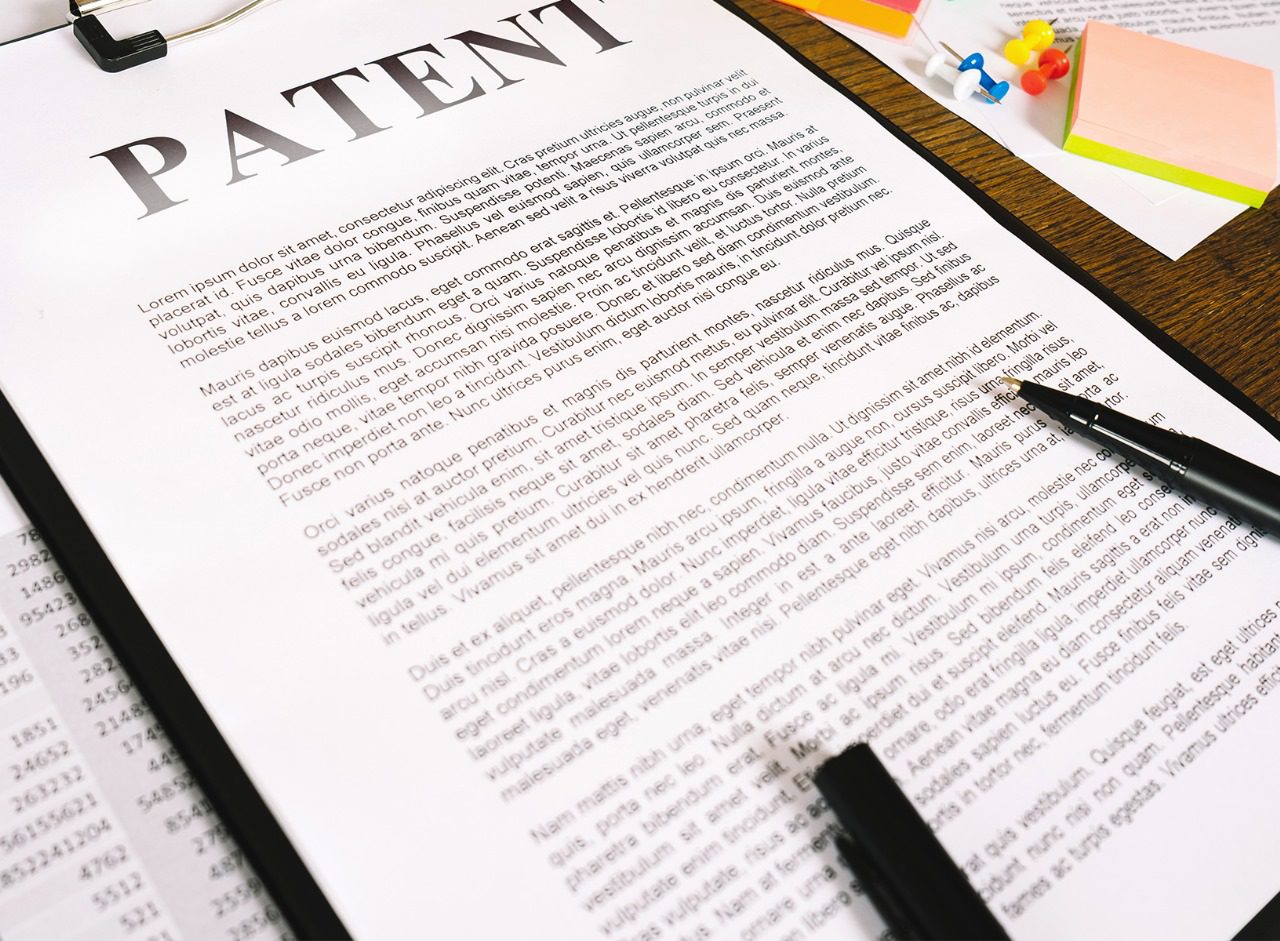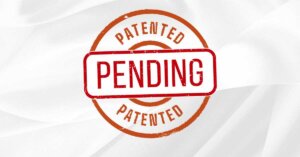With the enactment of Omnibus Law, many important changes are brought upon Law No. 13 Year 2016 on Patents. Despite so, a completely new patent regulation maybe on the horizon for Indonesia.
Since 2019, the Indonesian Government has been developing a new legal product that would replace the currently applicable Law No. 13 Year 2016 on Patents. According to Acting Director General of Intellectual Property Razilu, three main issues are the driving force behind these plans:
The first is to drive national innovation. The Directorate General of Intellectual Property (DGIP) cited a 2019 stat which revealed that in Indonesia, patent applications from domestic applicants are greatly outnumbered by applications from foreign applicants—20 to 80%. The Government has expressed the intent to increase the number of national patents directly registered with the DGIP, especially for simple patents by academicians and local manufacturers.
The second is to improve the quality of the current patent service system. Bambang Sagitanto, legal analyst for the DGIP, has stated that the new Patent Law would look to revise certain administrative aspects concerning patent services, such as, among others, the process of substantive examinations and the changing of applicant data. Annual fees for patent holders will also be changed, as they are considered burdensome and require patent holders to pay through their representatives. Another issue is the uncollectible receivables as a result of the annual fee mechanism for patents that do not comply with the payment of fees.
The third reason is the objective of ensuring that Indonesian patent regulation complies with or is compatible with the stipulations of the TRIPS Agreement. This issue has been touched upon before with Omnibus Law, as Article 20 of Patent Law is controversially revised due to the original stipulation being deemed incompatible with Article 27 of the TRIPS Agreement.
Furthermore, a white paper discussing the proposed patent law outlined several aspects of the current Patent Law that would be changed under the now-developed regulation. Aside from those already mentioned, those aspects are as follows:
- The definition of simple patent as stipulated in Article 3 of the Patent Law needs strengthening so that simple patents can have practical advantages.
- In Article 4, Section D mentions “rules and methods containing only computer programs” as inventions that aren’t patentable. Computer programs in this article should be further defined as programs that do not have character, technical effects, or problem-solving qualities.
- Article 4 section (F) no. 1 stipulates that inventions do not include new usage of existing products, while the next passage stipulates that new forms of existing compounds that do not generate significantly enhanced efficacy and contain different relevant known chemical structures also do not qualify as inventions. The white paper mentions that these two stipulations were originally put in place to prevent patent evergreening; however, they could also stifle the economic growth of local industries because local industries and research are limited to original products. Also, the two stipulations are deemed to be dismissive of potential research.
- Grace period of the patent registry for inventions that have been announced
In a significant step forward, Acting Director General Razilu has confirmed that the new Patent Law bill has been approved by both The People’s Representative Council and the Government, as represented by the Ministry of Law and Human Rights. Consequently, this bill has been integrated into the comprehensive national legislative package along with the new Industrial Design Bill. With these strides, the near future could include the forthcoming enactment of a new patent law in Indonesia.
Given Indonesia’s status on the global stage, this bill will definitively chart the technological and innovative trajectory of one of the world’s biggest economies. Thus, an understanding of this developing landscape is essential. IP professionals, businesses, and inventors are well advised to monitor this pivotal juncture.






